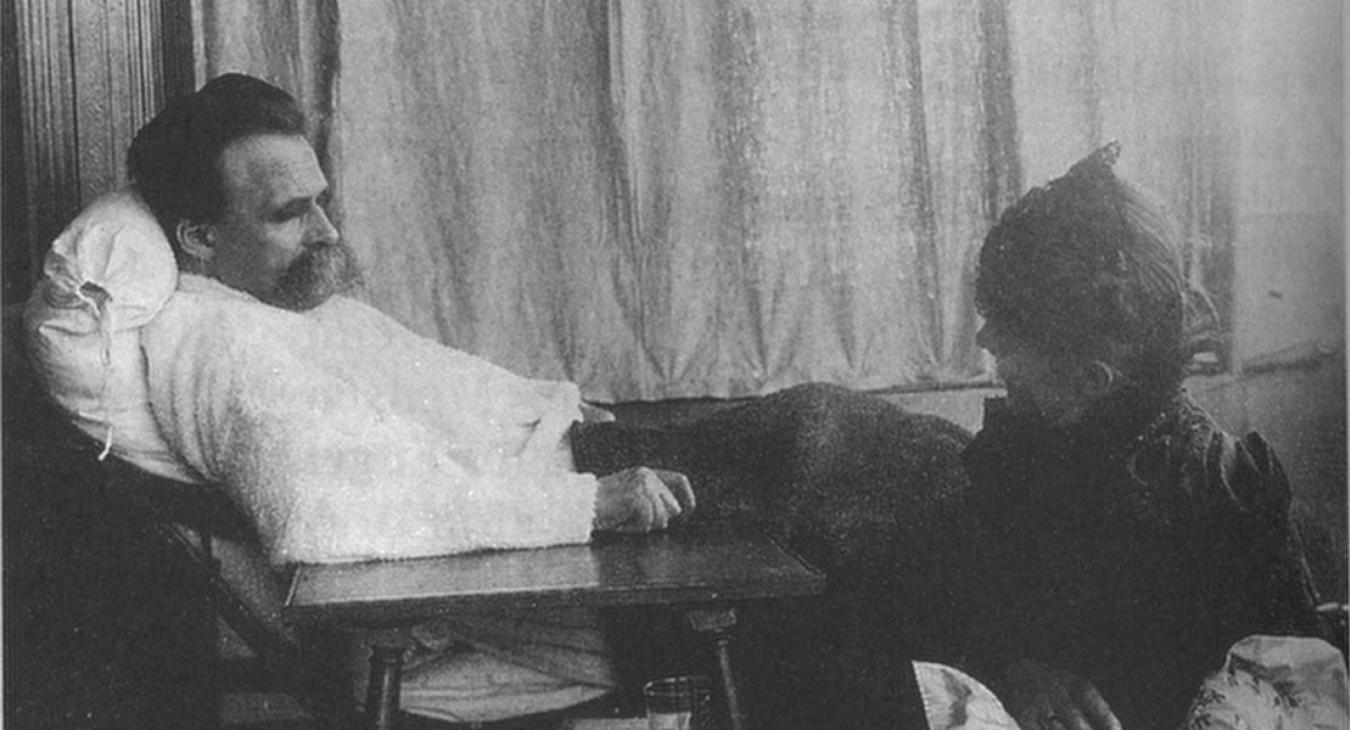Friedrich Wilhelm Nietzsche was a German classical philologist and philosopher. Nietzsche, who also created poetry and musical compositions as a side work, exploded previously established patterns with his idiosyncratic style and could hardly be assigned to a classical discipline.
Friedrich Nietzsche doubted the common ideas about man, God and morality. He also doubted good and evil. His provocative thesis was that man was something that had to be overcome. Friedrich Nietzsche is one of the world's best-known philosophers.
Life
Friedrich Nietzsche (1844–1900) was a German philosopher, cultural critic, and poet. Born in Röcken, Germany, he showed early intellectual promise and went on to study classical philology. Nietzsche's exploration of philosophy, art, and culture led to his development of unique and often controversial ideas.
His works challenged conventional moral and religious beliefs, emphasizing the individual's creative potential and the need for a reevaluation of traditional values. Nietzsche critiqued Christian morality, presenting concepts such as the "will to power" and the "eternal recurrence."
Nietzsche's philosophy rejected absolute truths and embraced a perspectivist view, where different perspectives contribute to a multifaceted understanding of reality. His ideas were conveyed through aphorisms and stylistic prose in works like "Thus Spoke Zarathustra."
Despite his early success, Nietzsche faced physical and mental health challenges that eventually led to his breakdown and institutionalization. His later works, such as "Beyond Good and Evil" and "The Genealogy of Morals," continued to challenge prevailing beliefs and explore the nature of human existence.
Nietzsche's writings influenced a range of thinkers and movements, including existentialism, postmodernism, and psychology. While he faced controversy and misinterpretation during his lifetime, his ideas have had a profound impact on philosophy, literature, and cultural critique, shaping discussions about morality, truth, and the human experience.
